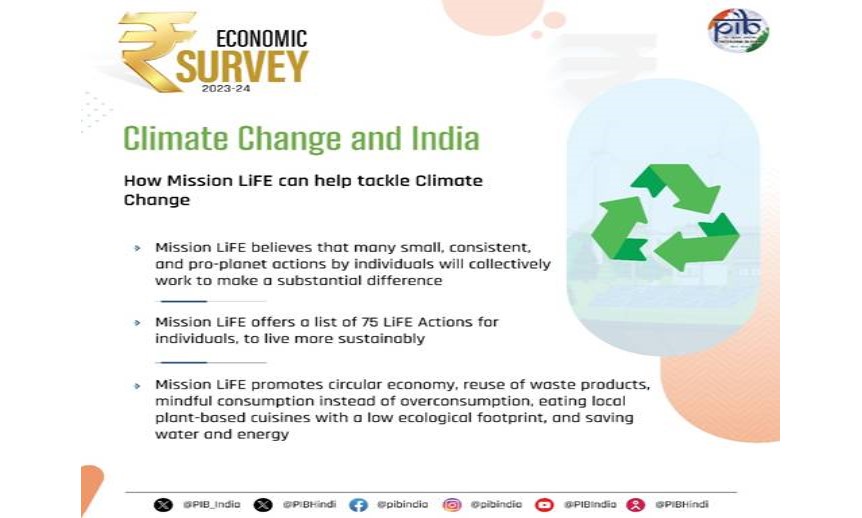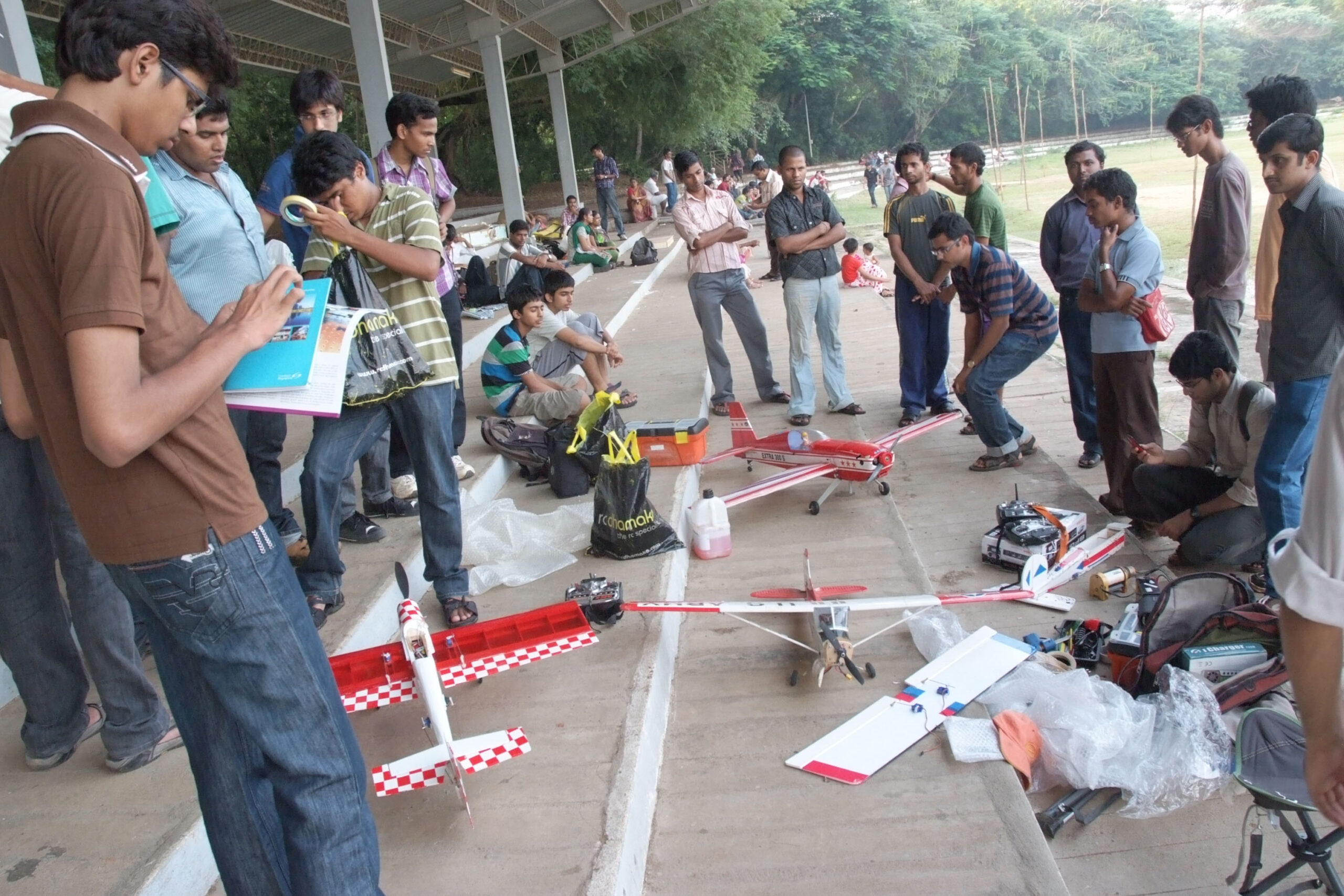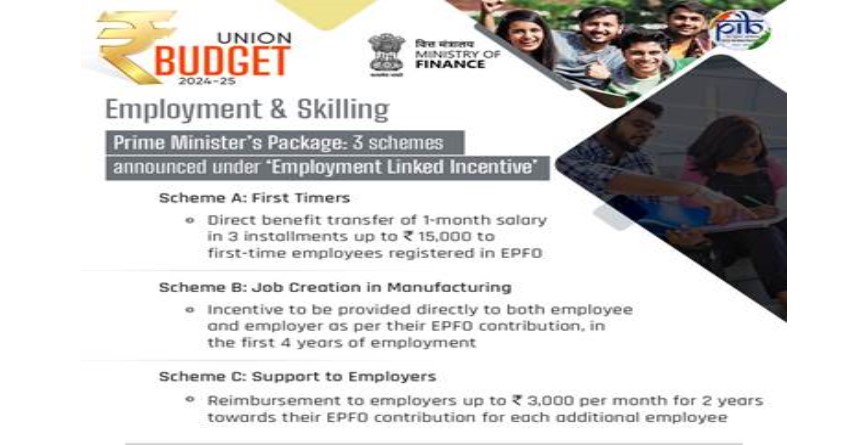Taking a critical view of the Western approach of tackling Climate Change, the Economic Survey 2023-24 gives a clarion call to all developing countries to look at climate change problem from a ‘local lens’. It states that a ‘one-size-fits-all’ approach will not work, and developing countries need to be free to choose their own pathways since they are tasked with balancing developmental goals with meaningful climate action.
The Economic Survey 2023-24 clearly states that current global strategies for climate change are flawed and that adopting the practices of the West could prove to be disastrous for India where culture, economy, societal norms are already intertwined with the environment.
The document highlights that India, despite making significant strides in climate action, often faces criticism for not aligning with Western solutions. This criticism stems from a lack of appreciation for India’s unique social and cultural fabric, which is already rich with sustainable development ideas. It further goes on to point out inherent inconsistencies where the prescriptions to tackle Climate Change from the developed world do not hold ground globally.
The global pursuit of energy-guzzling technologies such as Artificial Intelligence and mining rare earth minerals in large quantities has only contributed to higher fossil fuel consumption. This is directly at odds with the stated objectives of climate change mitigation.
The Western approach does not seek to address the root of the problem, i.e. overconsumption, but rather chooses to substitute the means to achieve overconsumption. The global pursuit of energy-guzzling technologies such as Artificial Intelligence and mining rare earth minerals in large quantities has only contributed to higher fossil fuel consumption. This is directly at odds with the stated objectives of climate change mitigation. Lifestyles in developed countries ignore humans’ underlying relationship with Nature, with other people, with materiality and with themselves.
The Economic Survey 2023-24 stresses that India’s ethos emphasizes a harmonious relationship with nature, in sharp contrast to the culture of overconsumption prevalent in other parts of the developed world, thus offering sustainable solutions to problems plaguing Western societies.
For instance, the process of meat production adopted in the developed world presents credible food security risks and a threat of permanently degrading the land, water and natural resources critical for human survival. The reliance on human-edible crops to feed livestock has set into motion a ‘food-feed competition’ as less than half the cereals produced today go towards direct human consumption. These figures are even lower for many developed economies.
The Survey notes that traditional farming practices from the developing world, where several agricultural activities are integrated with livestock rearing, offer one solution to the problem. Repurposing farm waste and by-products from other agricultural activities as animal feed not only lowers the financial and environmental cost of meat production but also brings balance to the natural cycle. Shifting livestock to human-inedible feed can free up significant shares of global arable land to address global hunger are among some of the suggestions brought out in the survey to tackle climate change.



